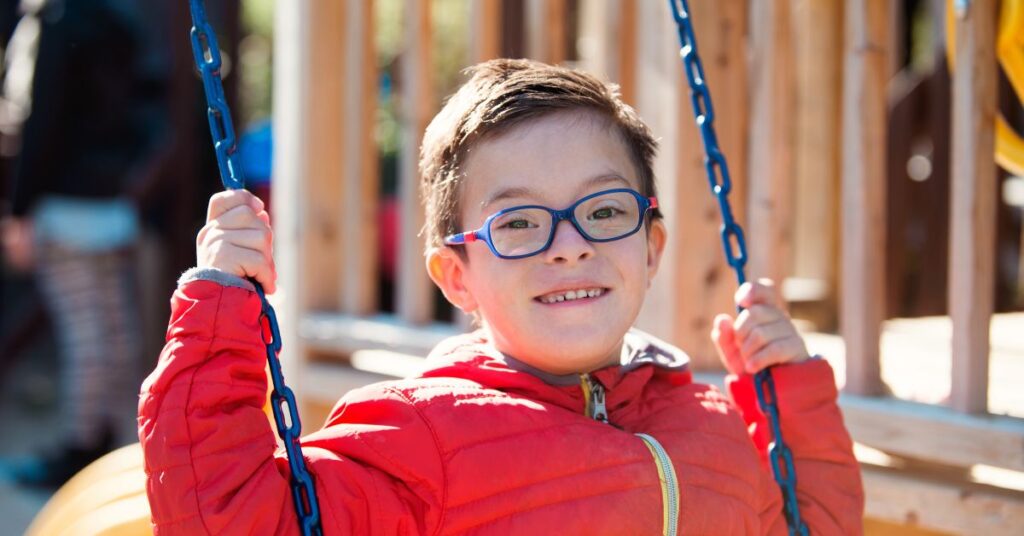Having a child with additional needs is challenging, but having a child with more than one condition is even harder. I write mostly about autism and ADHD on this blog, however, there is a growing number of people who have both Down Syndrome and autism. This is even a greater challenge for parents.
Prevalence of autism among those with Down Syndrome
Autism diagnoses among children with Down Syndrome has been growing. The U.S. National Institutes of Health estimates that about 16 percent of those with Down Syndrome also have autism.
According to the Mayo Clinic, Down Syndrome “a genetic disorder caused when abnormal cell division results in an extra full or partial copy of chromosome 21. This extra genetic material causes the developmental changes and physical features of Down syndrome.”
Researchers have found no single cause of autism. They believe it is caused by a combination of genetic and environmental factors. The prevalence of autism is also growing, so it is probably not a surprise that more children with Down Syndrome are also being diagnosed with autism.
How is autism different for those with Down Syndrome?

While children with Down Syndrome (DS) who also have autism have many of the same traits as autistic children without DS, they tend to have more severe autism.
Because those with DS already have an intellectual disability, diagnosing autism many times is more difficult and can result in false positives. In many cases, those with DS and autism tend to have less disruption with social, communication and repetitive behaviors than those with autism.
Those with DS and autism are more likely to have the following challenges when compared to autistic children without DS:
- Greater cognition deficiencies
- Slower processing speeds
- Congenital heart problems
- Neurological conditions (e.g., seizures, motor delay, swallowing dysfunction)
- Respiratory issues
- Eye conditions
Talk to your child’s doctor to determine if your child should be tested if you think your child with Down Syndrome may also have autism.
Do therapies differ for autism if your child has Down Syndrome?
If your child is diagnosed with both DS and autism, you will need to work with your child’s medical and education team at their school to determine the best type of treatments and therapies for your child.
Many therapies could work for your child as they do for a child with autism. Those could include speech therapy, occupational therapy, cognitive behavior therapy, music therapy and others. In addition, your child may need additional medical treatments for other conditions that are more related to DS. Be sure to develop a dream team for your child that encompasses medical, educational and others to support them and your family.
Additional Resources
Want to learn more about this topic? Check out these additional resources.
A New Course: A Mother’s Journey Navigating Down Syndrome and Autism (affiliate link)
Wonderfully Different, Wonderfully Me (affiliate link)
No More Chasing “Normal” The Emotional Survival Guide for Parents of Children with Autism, Down Syndrome, & All Other Disabilities (affiliate link)
The Down’s Syndrome Handbook: A Practical Guide for Parents and Carers (affiliate link)
The Parent’s Guide to Down Syndrome: Advice, Information, Inspiration, and Support for Raising Your Child from Diagnosis through Adulthood (affiliate link)
If you have a child with Down Syndrome and autism, share your advice with other parents by leaving a comment. This encourages and helps all of us along this journey.








